From interim budget to corporate tax: Budget glossary simplified
Here's a compilation of difficult terms simplified to help you decode the forthcoming Budget


Every year, on the first of February, the Finance Minister presents the Budget for the upcoming financial year. The Budget brings excitement, fear and hope to the people, but it also leaves much to be analysed and simplified so that the nuances of the Budget can be best understood by a layperson.
The Budget contains many difficult and confusing jargons, which can be tough to comprehend on the first go.
If terms like Vote on Account, fiscal deficit, and Minimum Alternative Tax (MAT) confuse you, here"s a compilation of such terms simplified to help you decode the forthcoming budget.
Interim Budget refers to the budget of a government that’s going through a transition period. To put it simply, a budget being presented in an election year is known as an interim budget. Finance Minister Nirmala Sitharaman will present an interim budget on February 1, 2024.
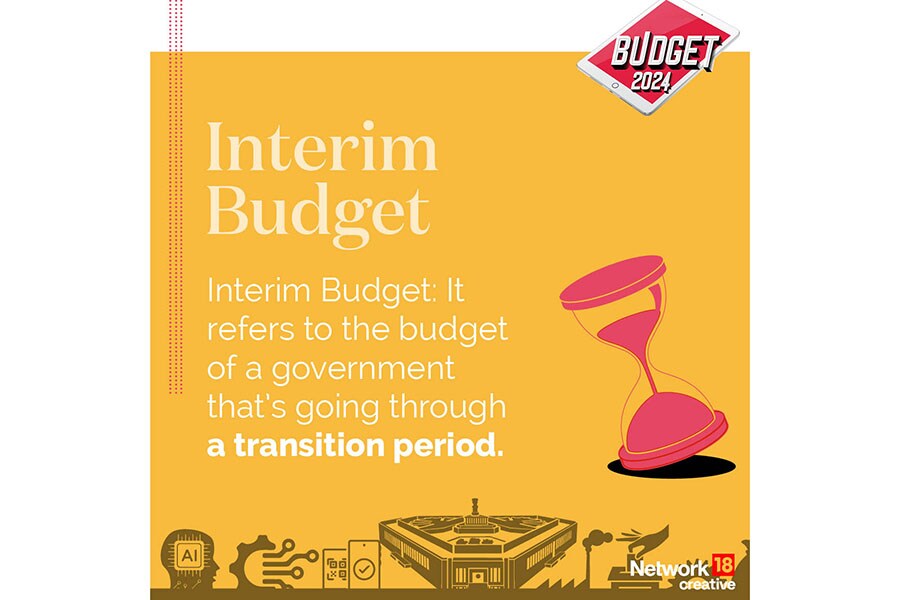
A vote-on-account presents an estimate of expenditures to be sanctioned by the exchequer till the budget is passed. It is a grant in advance by the parliament, in respect of the estimated expenditure for a part of the new financial year.
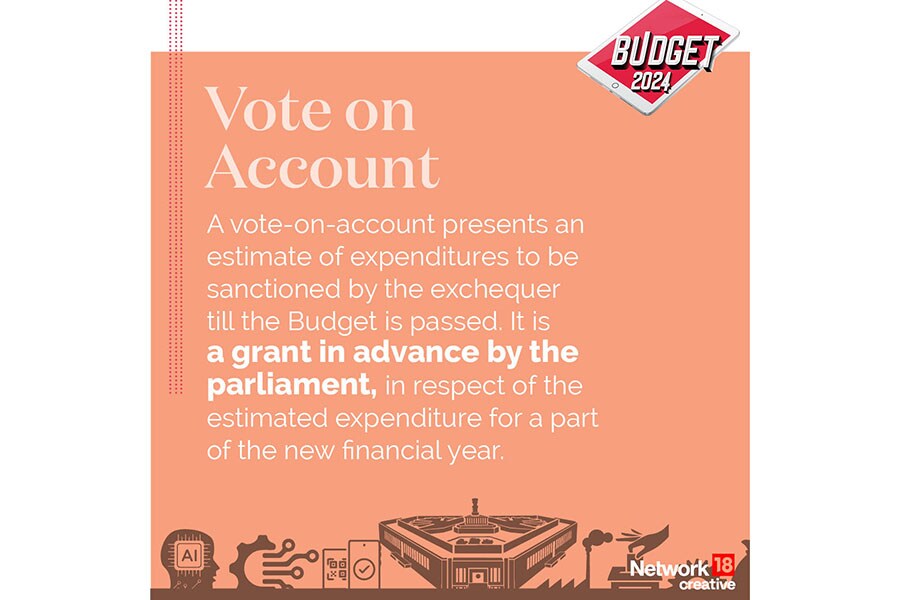
A fiscal deficit arises when a government"s expenditures exceed its income. It represents the gap between the total revenue and the total spending of the government, which is typically covered through borrowings by the government.
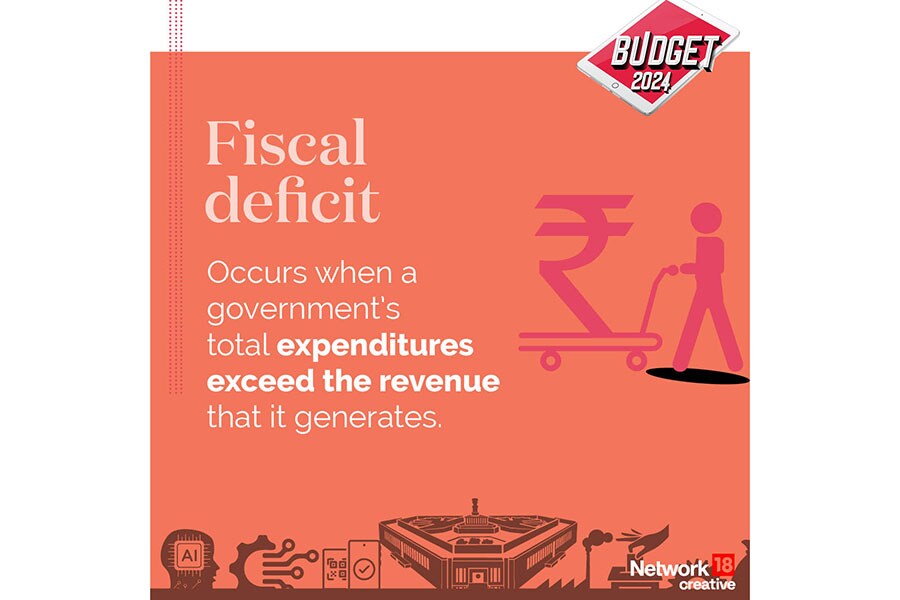
Budget Estimates refers to the amount of money allocated in the Budget to a particular ministry or scheme for the coming financial year.
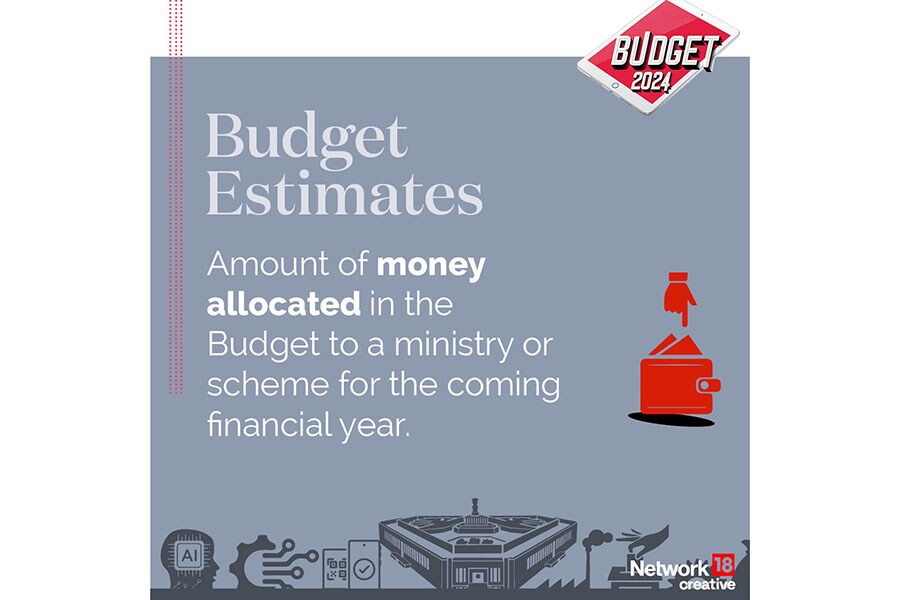
Revised Estimates are mid-year estimates based on six months’ actual trends that take into account likely expenditure and receipts for the remaining year.
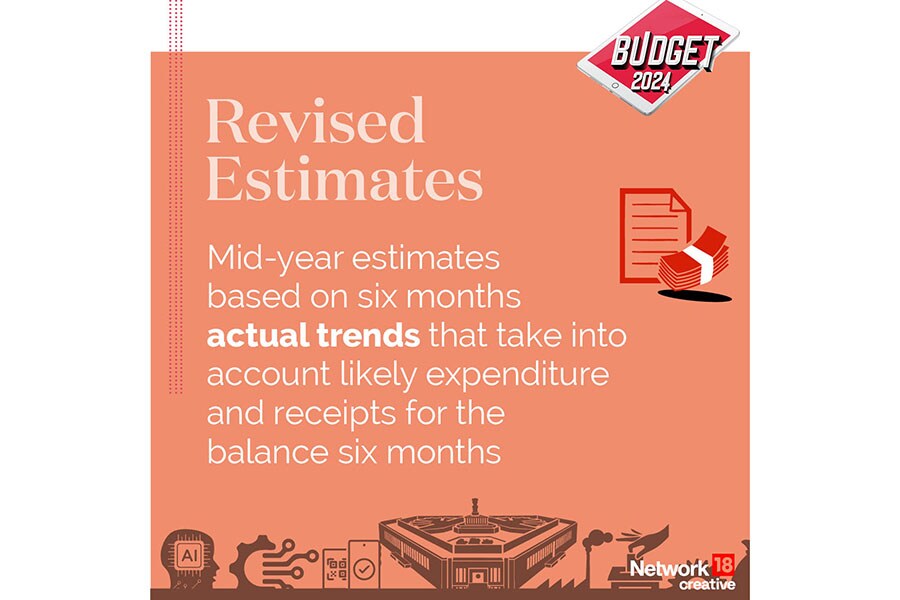
Annual accounts is the final detailing of a year’s expenditures and receipts once the budget year comes to an end.
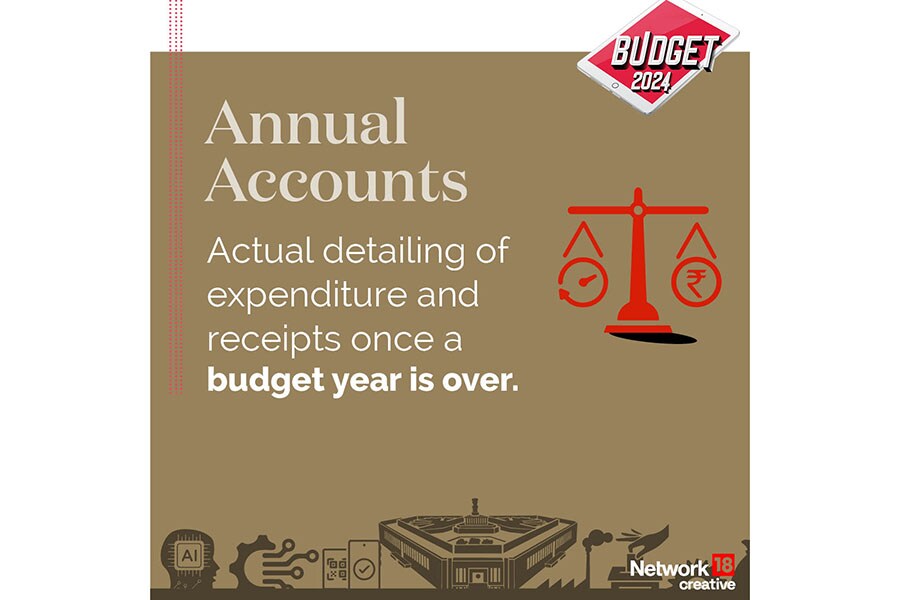
MAT is the minimum tax that a company is liable to pay, even if it doesn’t come within the tax-paying bracket.
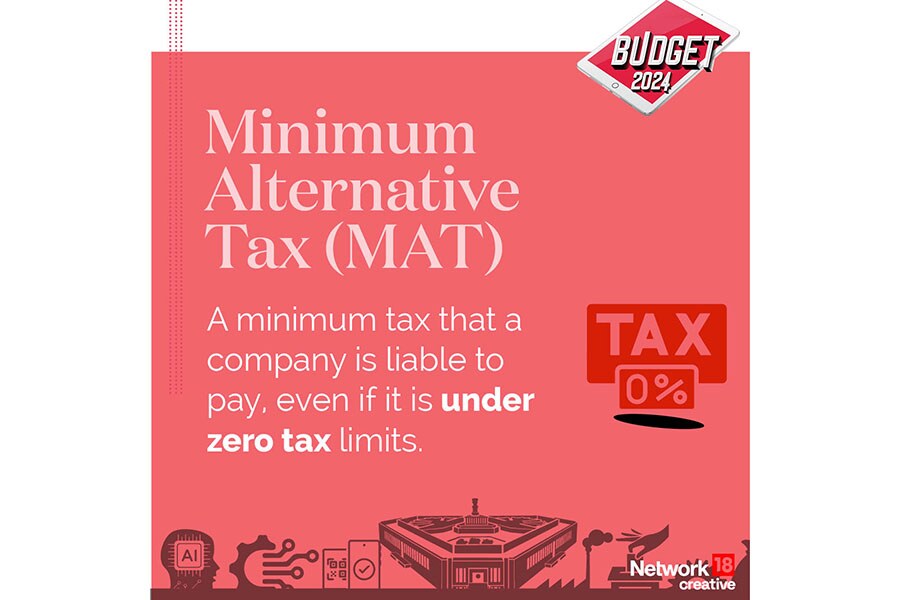
Corporate Tax refers to the tax paid by corporations or firms on the income they earn.
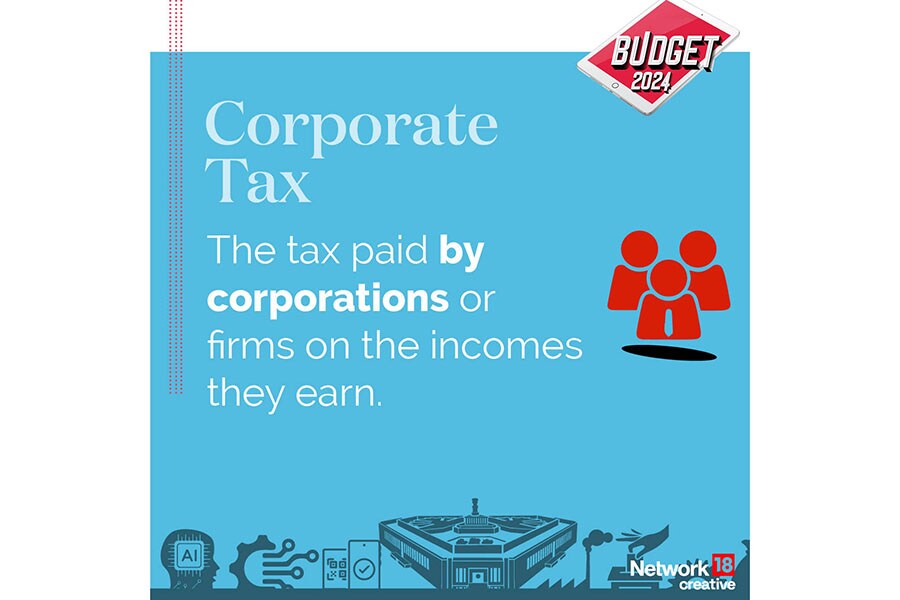
The repo rate is the interest rate at which commercial banks sell their securities to the Reserve Bank of India (RBI) to address liquidity shortages or comply with statutory measures. This rate is a key instrument used by the RBI to manage and control inflation.
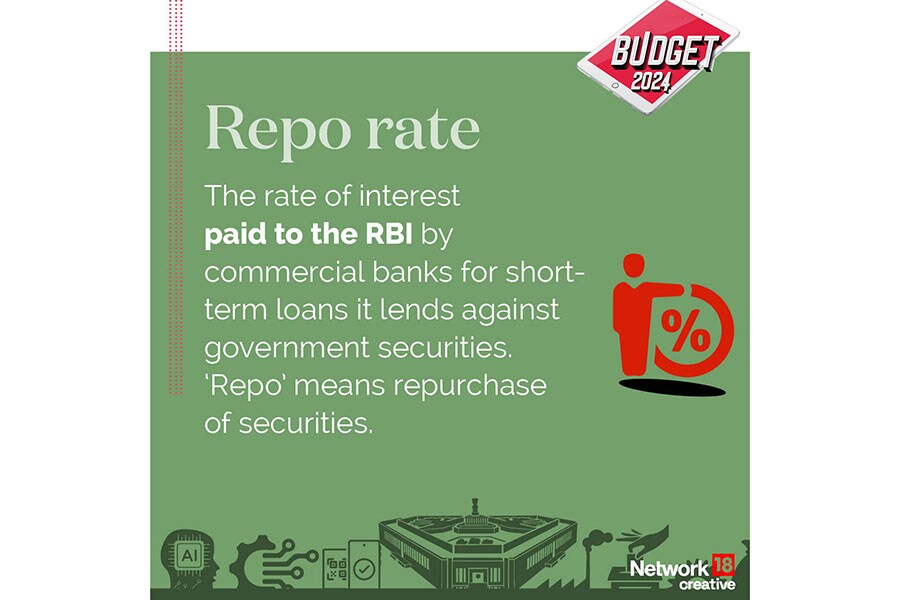
The reverse repo rate is the interest rate at which the Reserve Bank of India borrows funds from commercial banks. This tool can be employed to regulate and influence the money supply within the country.
First Published: Jan 24, 2024, 10:25
Subscribe Now